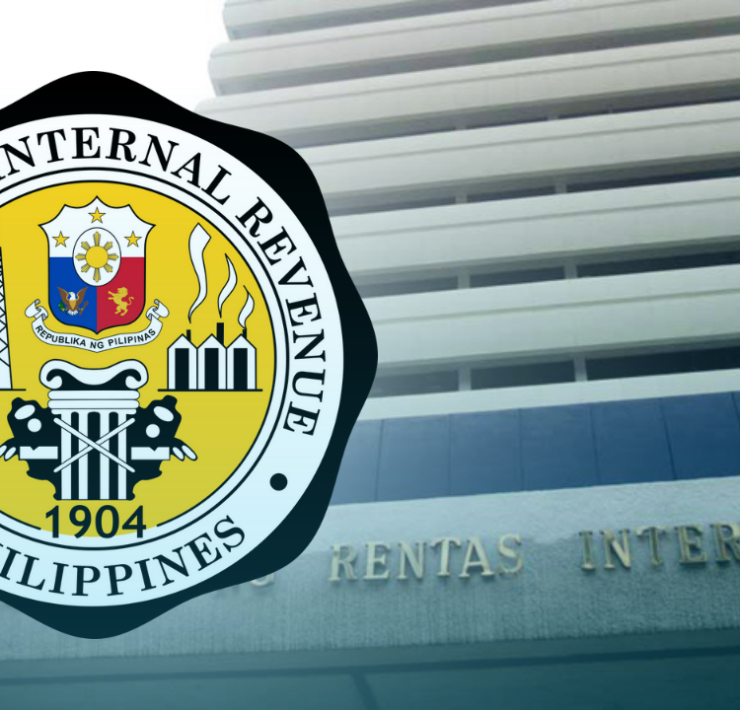Trust, readiness and resilience for a secure digital future

In today’s digitally interconnected world, cybersecurity has become a critical part of national security.
Cyberattacks can result in tangible consequences—governance infrastructure may get damaged and personal data of citizens may be compromised.
Last October, we celebrated Cybersecurity Awareness Month, an annual observance that aims to create and spread awareness and reinforce the country’s efforts to strengthen our cybersecurity posture.
This year’s theme was “Cyber Tiwala, Cyber Handa, Cyber Tatag,” which highlights the need for all stakeholders to collaborate in combating cyberthreats.
Let us break down the elements of this theme, which include tiwala (trust), handa (readiness) and tatag (resilience).
Trust in digital systems
The importance of Trust in cyberspace, particularly services delivered through it, cannot be overstated. The government has several digitalization initiatives to improve the delivery of its services including the launch of the Digital National ID this year. There is also the eGovPH app, a “one-stop shop of public services” including tax payment, travel declarations, business registrations and more.
On the banking front, the Bangko Sentral ng Pilipinas (BSP) has the Digital Payments Transformation Roadmap 2020-2023, which outlines strategies for a safe and secure digital payments ecosystem to meet the needs of consumers and support the goal of financial inclusion.
We have seen how the public embraced digital transformation.
According to the Philippine Statistics Authority, the digital economy amounted to P2.05 trillion in 2023, accounting for 8.4 percent of the country’s gross domestic product.
The digital economy is supported by our day-to-day transactions, such as e-commerce, digital media and government digital services.
But along with surge in online transactions is the increasing sophistication of cyberattacks. It is therefore imperative for government agencies and private institutions to prioritize the security of their systems.
Nurturing trust goes beyond technology. Policies that proactively address cyberthreats are equally important.
A great example is the passage of the Anti-Financial Account Scamming Act.
This is a game-changing law that penalizes social engineering schemes and money mules. The overall goal is to deter financial cybercrimes and to strengthen consumer protection measures.
Finally, multistakeholder cooperation should be prioritized.
Taking all these together, robust cybersecurity measures, responsive policies and multistakeholder collaboration can help preserve and increase trust in digital services.
Capacity-building, awareness raising
The second element is readiness. Online scams, phishing schemes, data breaches and other cyberscams constantly undermine our society’s digitalization journey. Being prepared means that organizations must be proactive—not just reactive —in the face of cyberthreats. How do we become proactive? We must equip our people.
Organizations must adopt a mindset that every employee has an important part to play in cybersecurity. This is where capacity building comes in.
Resilience for nation-building
Companies must provide regular training so that employees are updated about the latest threats and how these are detected and handled. Wherever needed, employees should have the technical skills to manage and leverage cybersecurity tools and technologies. These are essential especially for banks and financial institutions where trust is the very currency that sustains its business models.
By investing in capacity building and fostering a culture of cybersecurity awareness, we empower our workforce to be the first line of defense against cyberthreats.
Finally, resilience. This pertains to the ability of organizations to anticipate, withstand and recover from cyberattacks. Cyber resilience should also be looked at not just within individual organizations but also in terms of nation-building.
Cyberthreats directly impact a country’s national defense, economic security and public trust. In our digital world, attacks on critical infrastructure can significantly disrupt essential services, such as telecommunications, health, transportation, media and banking services.
The potential impact of cyberattacks to the country requires strong collaboration among stakeholders.
An example of this is the Official Cybersecurity Certification Training–Certified in Cybersecurity Public-Private Partnership Program led by Department of Information and Communications Technology in partnership with USAID’s Better Access and Connectivity project.
This year, the Bank of the Philippine Islands further demonstrated its commitment to helping strengthen the country’s cybersecurity defense by sponsoring the training for employees from various government agencies.
Partnerships between the private sector, the government and key organizations can help the country achieve cyber resilience.
With the continued digitalization that we are all witnessing and benefiting from, there is a need for cybersecurity to be part of our national consciousness.
Let us all remember that each and every one of us has a role to play in fostering trust, ensuring readiness and building resilience for a safer and more secure country that uses digital innovation to power our prosperity.





















